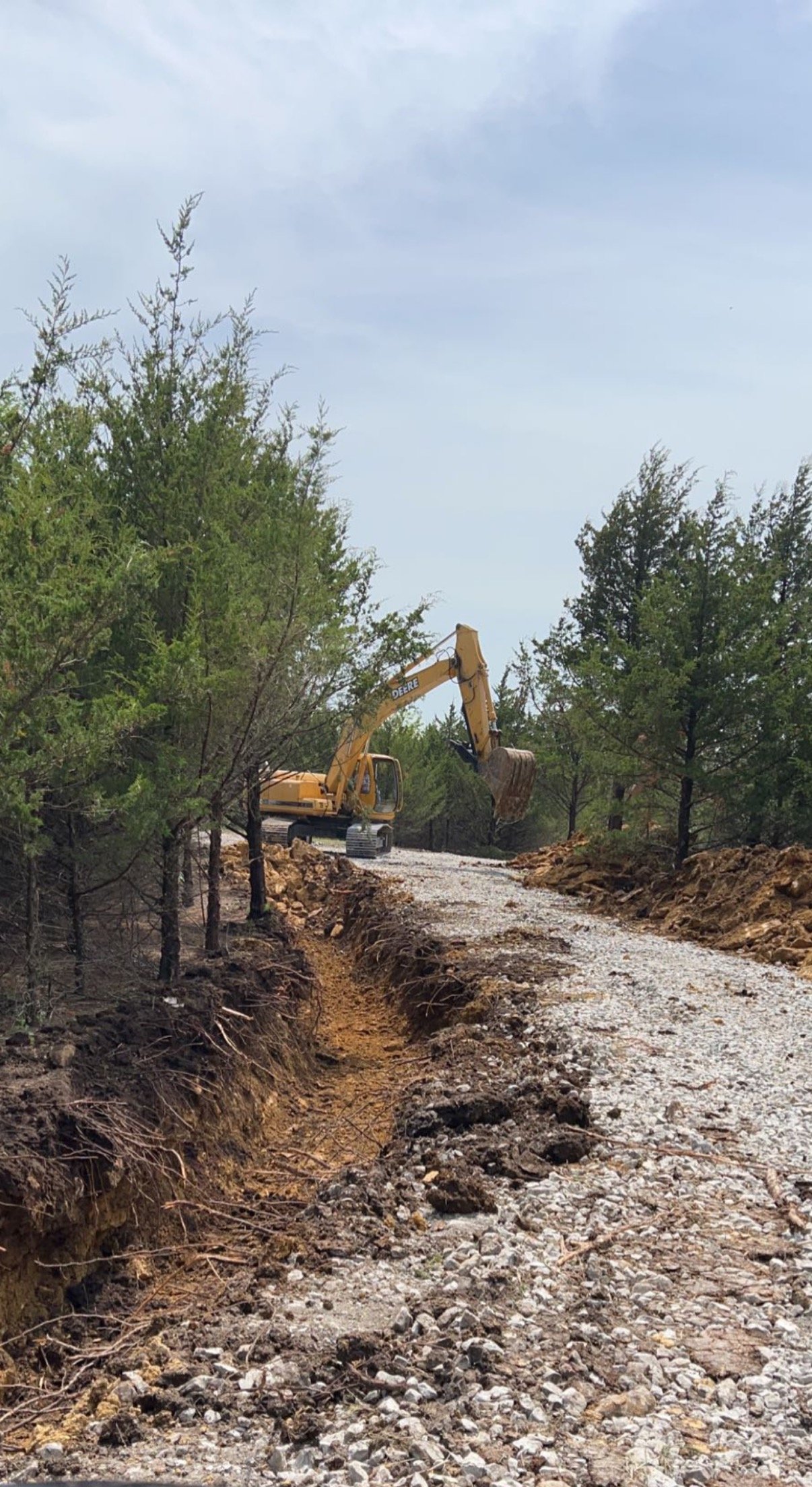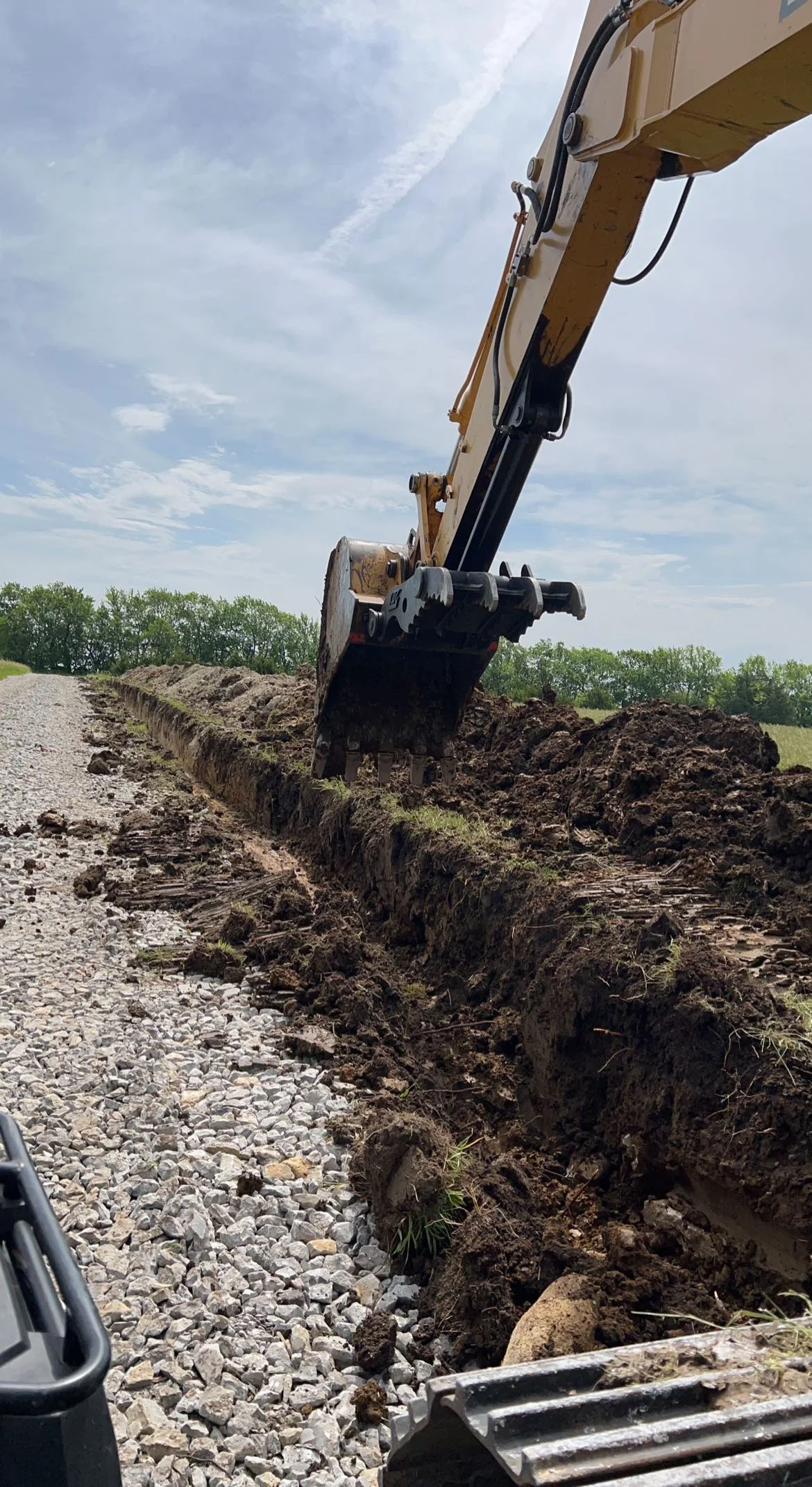

Importance of Excavation
Before many projects can begin, a great deal of work needs to be completed to prepare your site. Excavation establishes the foundation for which your structure or project will be completed. Therefore it is a vital step in the success and longevity of all such projects.
EXCAVATION
What is Excavation?
Excavation is the process of moving materials such as earth and rock with tools and equipment. The most common small to medium excavation projects include trenching, dredging and site management.
What steps are involved in excavation?
While the specific steps involved in your project will depend on your project goals and build needs, there are key steps involved in the overall process.
1. Site exploration and planning
⁃ Site exploration may consist of digging test holes, walking your site, shooting elevations and gathering terrain maps in order to compile a site plan.
⁃ Planning includes determining the site size, depth and boundaries. With more complicated projects, these details can be used to create drawings of your site. These drawing not only provide visual representation of the scope of your project but also can be used to calculate your projects fill and cut material needs.
2. Excavation to the approved depth
3. Construction of erosion control features such as storm water swells or ditches
4. Dressing the loose soil
5. Marking the boundaries of the building, when applicable
What can impact the cost and timeline of your excavation project?
1) Site Characteristics - There are many site characteristics your excavating contractor will consider when estimating your project. Some of these include soil types, site grade/slope, rock layers, nearby water bodies, fill and cut material needs and your wishes to maintain elements of the surrounding environment.
2) Weather - outside of the obvious impacts of weather on a construction project, excavating and grading requires the soil to be compacted to provide a solid foundation for your ultimate project. This compaction needs a certain moisture content in the soil. If the soil is too wet or dry, the ground will settle over time.
3) Permit approvals - some projects such as utility trenches will require approval from the local utility company. The timing of your application for service and their trench inspector’s availability may cause project delays.

